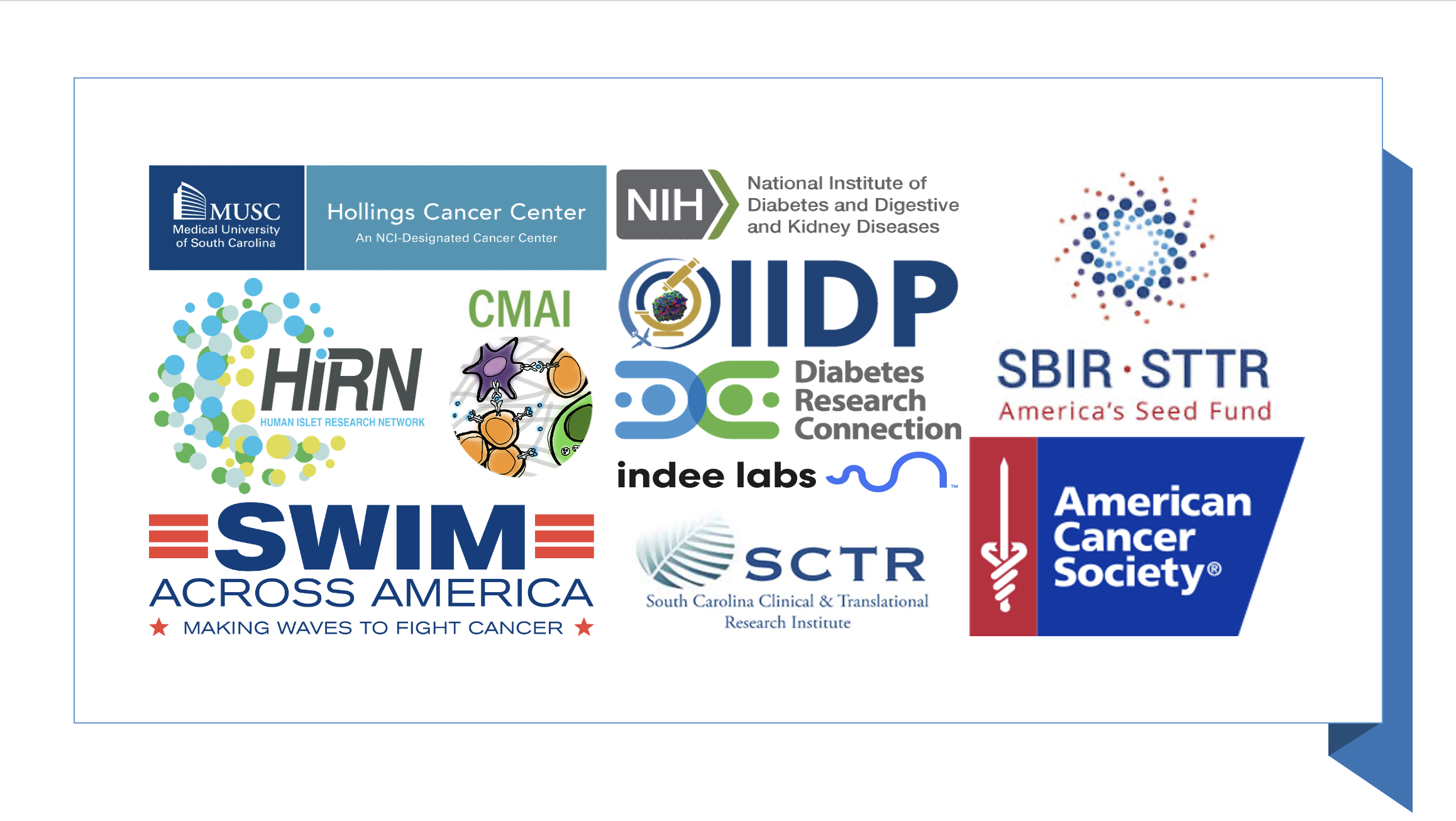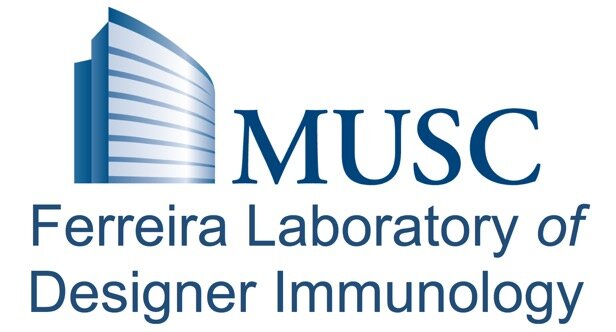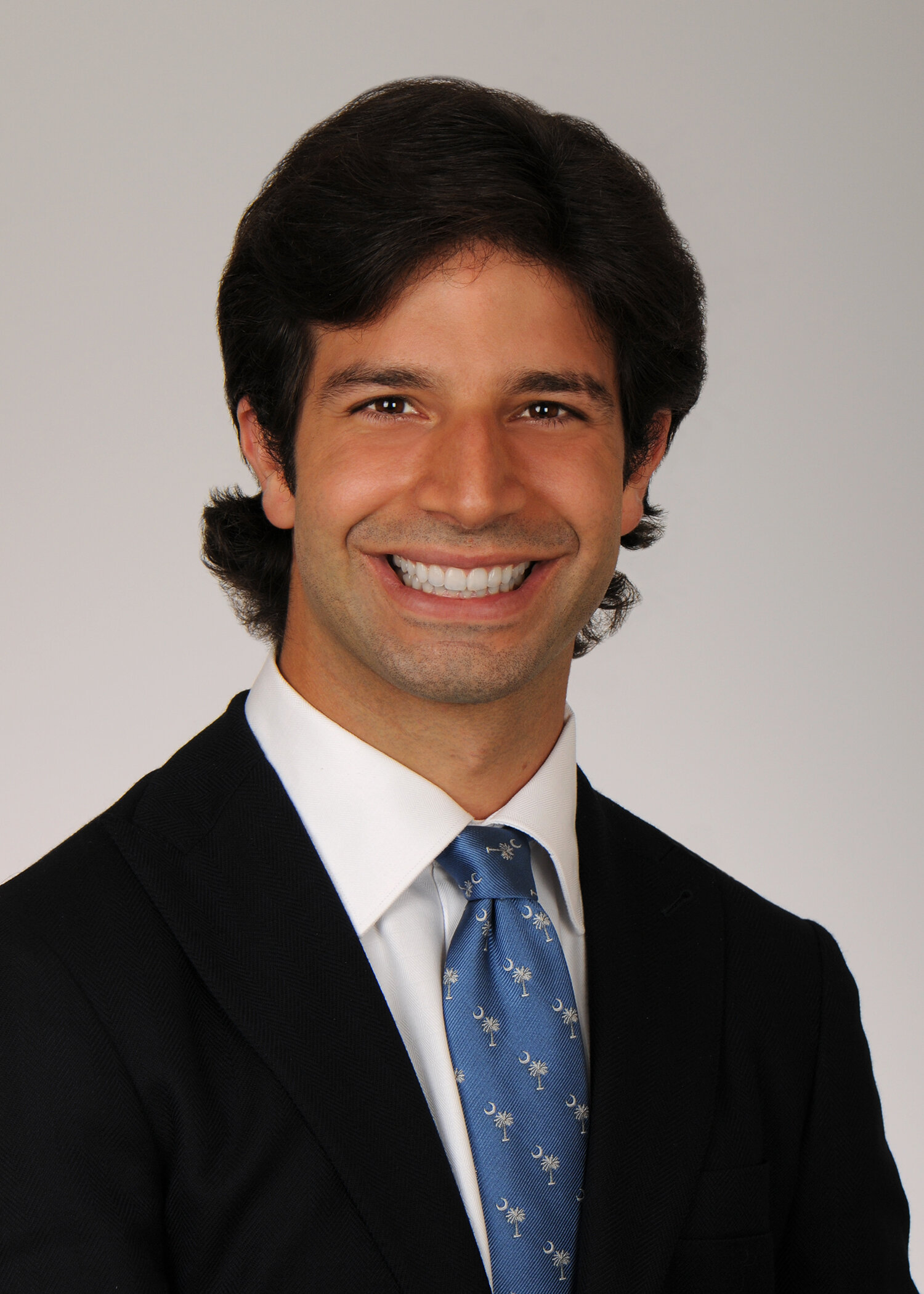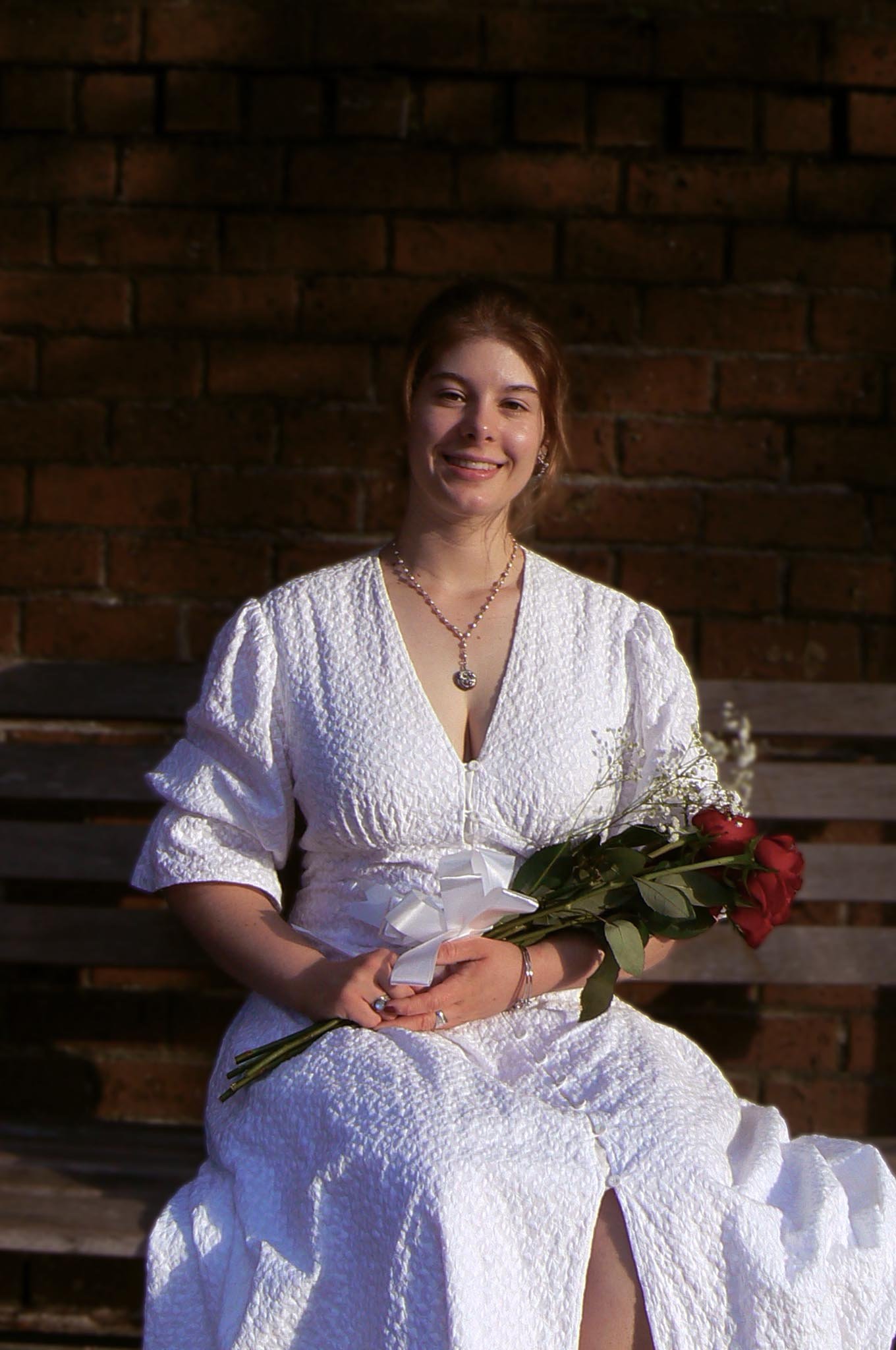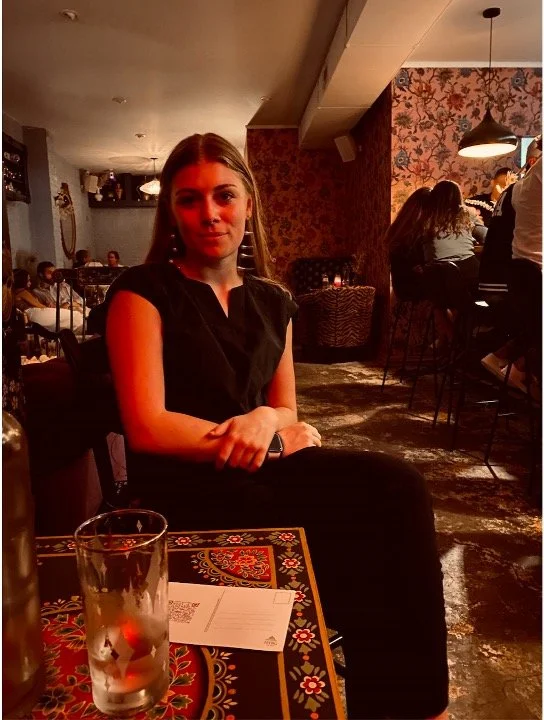
Ferreira Lab
Designing and developing engineered immune cell therapies
for autoimmune disease, cancer, and aging
Mission
The immune system is everywhere in the body. How can we tap into this bodily global positioning system? How can we design immune cells as living drugs? Is it possible to reeducate an immune system? The Ferreira Lab uses engineered immune receptors to systematically study how specificity, affinity, and signaling modulate T cell function in immunity and tolerance. We aim to shed light on the biology of different subsets of T cells and help unleash their potential as cell-based therapies for autoimmune disease, cancer, and aging.

Research
The adaptive immune system has evolved to specifically recognize and destroy a virtually infinite variety of pathogens (non-self), while remaining unresponsive towards tissues (self). A subset of helper T lymphocytes dedicated to suppressing immune responses, regulatory T cells (Tregs) are essential to maintain self tolerance and immune homeostasis. Yet, Tregs also constitute a barrier to anticancer immunity by heavily accumulating in tumors, inhibiting their clearance by tumor antigen-specific T cells.
Manipulating human Tregs offers the opportunity to modulate the immune system with antigen specificity in organ transplant rejection and autoimmunity. In addition, Tregs have the potential to help correct the defects in tissue repair and curb low-grade chronic inflammation observed in degenerative diseases and aging.
Yet, antigen-specific Tregs are vanishingly rare. Moreover, the best antigen target is often unknown. Synthetic biology can be used to impart a desired specificity to human Tregs, greatly expanding what targets can be pursued using Treg-based therapies. Chimeric antigen receptors (CARs) are synthetic immune receptors comprising an extracellular antibody-based antigen-binding domain and an intracellular signaling domain. By combining T cell signal 1 and signal 2 in its endomain, a CAR allows for potent T cell activation directly downstream of antigen recognition.
The CAR platform allows one to systematically study how specificity, affinity, and signaling modulate Treg and effector T cell function. It can also be used to target these cells to specific tissues and disease states independently of endogenous antigens recognized by resident lymphocytes, which have revealed difficult to identify, especially in outbred humans.
The Ferreira Lab uses CARs and other engineered immune receptors to dissect how specificity, affinity, and signaling modulate the function of different T cells subsets in tolerance and immunity, ultimately informing the design and development of new immune cell-based therapies.

Lab members
Leonardo Ferreira, PhD
(Principal Investigator)
Leonardo M. R. Ferreira, Ph.D. is an Assistant Professor of Pharmacology and Immunology and, by courtesy, of Regenerative Medicine and Cell Biology at the Medical University of South Carolina and the Hollings Cancer Center. He holds a B.Sc. in biochemistry from University of Coimbra, Portugal, a Ph.D. in biochemistry from Harvard University, and completed a postdoctoral fellowship at the University of California, San Francisco. Fascinated by the phenomenon of immune tolerance, his long term goal is to control how the immune system defines self and non-self. Such knowledge will allow the design and development of powerful new engineered immune cell therapies to fight autoimmune disease, cancer, and aging.
Russell Cochrane (PhD Student)
Russell Cochrane is a Ph.D. student in the biomedical sciences program. He obtained a B.S in genetics from Clemson University. His ambition is to uncover and understand the underlying immune mechanisms that could be leveraged to engineer innovative next-generation immunotherapies. He hopes that he can make a lasting impact in the cell and gene therapy field.
Avik Chattopadhyay, PhD (Postdoctoral Scholar)
Avik Chattopadhyay, Ph.D. is a postdoctoral scholar in the lab from India. Avik completed his B.Sc. at the University of Calcutta and M.Sc. at the Banaras Hindu University in Zoology. He earned his Ph.D. in Immunology from the Indian Institute of Science, Bangalore, under the supervision of Prof. Dipankar Nandi (who graduated with a PhD from the lab of Nobel laureate J. P. Allison). Avik’s doctoral research focused on the metabolic responses of tumor cells to interferon-gamma, a critical determinant in immunotherapy outcomes. Furthermore, his investigations led to the discovery of novel anti-inflammatory compounds identified through high-throughput screening against interferon-gamma-induced nitric oxide production. Avik has been recognized with numerous accolades, including the Sun Pharma Science Foundation Science Scholar Award 2023 in Pharmaceutical Sciences. Currently, his research as a postdoctoral scholar is dedicated to advancing precise and effective immunotherapy strategies targeting challenging cancers and inflammatory diseases. Avik aspires to establish himself as an independent researcher, fostering interdisciplinary collaborations to innovate solutions in disease biology.
Iosif Gershteyn (Visiting Scholar)
Iosif M. Gershteyn is a systems immunologist focusing on harnessing computation in application to autoimmune disorders and aging. He is the Chairman of Ajax Biomedical Foundation, which supports several projects in partnership with the Ferreira lab, including the interrogation of interactions between diet and autoimmune disease and developing immunomodulatory approaches to reprogram pro-inflammatory tissue environments. Iosif is a 2022 Fellow in Antibody and Cellular Therapeutics at the Foresight Institute, and Senior Fellow at the Abigail Adams Institute. He holds degrees from Brandeis University, International Business School, and Quantic School of Business and Technology, as well as certificates from New England Complex Sciences Institute, Real World Risk Institute, and Johns Hopkins University.
Chayse Nunciato (Undergraduate Student)
Chayse Nunciato is an undergraduate honors student at the College of Charleston. She is working towards obtaining a B.S. in Biology, with the goal of attending medical school. With an ambition to take part in cellular research surrounding autoimmunity, she hopes to gain a greater understanding in the Ferreira Lab about engineered immune receptors and their impact on a cell's function.
Francesco Hamilton (High School Student)
Francesco Hamilton is a high school student at Academic Magnet. His research interests include Oncolytic Virotherapy, Focused Ultrasound, and Volatile Organic Compound (VOC) Diagnosis. He hopes to gain a greater understanding of HLA proteins and T cell receptors (TCR) and their applications in cancer treatment. Currently pursuing a VOC-based cancer diagnosis machine, he hopes to become a researcher himself one day.
Erin O’Connor (Research Specialist)
Erin O'Connor is a recent graduate of the College of Charleston, where she obtained a B.S. in Biology with a minor in Chemistry. As a research specialist, she hopes to contribute to a greater understanding of the role of genetic engineering in treating physical and mental illnesses. In the future, she plans to pursue a Ph.D. in Genetics.
Eva Allen (Nursing Student)
Eva Allen is a student in the Accelerated Bachelor of Science in Nursing (ABSN) degree program at the Medical University of South Carolina. She is interested in autoimmune disorder research, specifically Type 1 Diabetes. Her goal is to obtain a Doctor of Nursing Practice after college.
Leonardo Rios, PhD (Postdoctoral Scholar)
Leonardo Rios, Ph.D., is a postdoctoral researcher from Brazil co-mentored by Dr. Katherine Antel and Dr. Leonardo Ferreira. Leonardo obtained his Ph.D. from the University of Cape Town (UCT), South Africa, under the mentorship of Associate Professor Shaheen Mowla. During his Ph.D. studies, he investigated the oncogenic potential of the HIV-1 Transactivator of Transcription (Tat) protein in lymphoma development. His thesis elucidated novel mechanisms whereby Tat disrupts the transcriptional and post-transcriptional regulation of two critical oncogenes, MYC and AICDA. Building upon his doctoral research, Leonardo undertook a postdoctoral position at UCT, funded by the UCT-FHS Postdoctoral Fellowship for Cancer Research and the AACR/AORTIC BIG Cat Grant, where he continues to collaborate in ongoing research in the Mowla lab. His current research aims to leverage novel CAR technologies in the treatment of aggressive lymphomas.
Meghan Schreck (Undergraduate Student)
Meghan Schreck is a student with the MUSC Summer Undergraduate Research Program (SURP). She is pursuing a B.S. in Molecular Biology on the pre-medical track as a student-athlete at the University of Tampa. She hopes to gain a stronger understanding of regulatory T cells (Tregs) applied in cancer research.
This could be you!
Get in touch with us. We are always looking for passionate and creative scientists at all levels to join our efforts in the study and engineering of immunology.

Selected publications
Valentín-Quiroga, J., Zarauza-Santoveña, A., López-Collazo, E., Ferreira, L.M.R., 2025. Chimeric anti-HLA antibody receptor engineered human regulatory T cells suppress alloantigen-specific B cells from pre-sensitized transplant recipients. Front Immunol 16:1601385
Gu, B., Ferreira, L.M.R., Herrera, S., Brown, L., Lieberman, J., Sherwood, R.I., Meissner, T.B., Strominger, J.L., 2025. The TEA domain transcription factors TEAD1 and TEAD3 and WNT signaling determine HLA-G expression in human extravillous trophoblasts. Proc Natl Acad Sci USA 122 (12), 5364-5369: e2425339122
Cochrane, R.W., Robino, R.A., Granger, B., Allen, E., Vaena, S., Romeo, M.J., de Cubas, A.A., Berto, S., Ferreira, L.M.R., 2024. High affinity chimeric antigen receptor signaling induces an inflammatory program in human regulatory T cells. Mol Ther Methods Clin Dev 32(4): 101385
Barra, J.M., Robino, R.A., Castro-Gutierrez, R., Proia, J., Russ, H.A., Ferreira, L.M.R., 2024. Combinatorial genetic engineering strategy for immune protection of stem cell-derived beta cells by chimeric antigen receptor regulatory T cells. Cell Rep 43 (11):114994
Tennant, M.D., New, C., Ferreira, L.M.R., O’Neil, R.T., 2023. Efficient T cell adoptive transfer in lymphoreplete hosts mediated by transient Stat5 signaling. Mol Ther 31 (9), 2591-2599
Muller, Y.D., Ferreira, L.M.R., Ronin, E., Ho, P., Nguyen, V., Faleo, G., Zhou, Y., Lee, K., Leung, K.K., Skartsis, N., Kaul, A.M., Mulder, A., Claas, F.H.J., Wells, J.A., Bluestone, J.A., Tang, Q., 2021. Precision engineering of an anti-HLA-A2 chimeric antigen receptor in regulatory T cells for transplant immune tolerance. Front Immunol 12:686439
Ferreira, L.M.R., Muller, Y.D., Bluestone, J.A., Tang, Q., 2019. Next-generation regulatory T cell therapy. Nat Rev Drug Discov 18, 749-769
Han, X., Wang, M., Duan, S., Franco, P.J., Kenty, J.H.R., Hedrick, P., Xia, Y., Allen, A., Ferreira, L.M.R., Strominger, J.L., Melton, D.A., Meissner, T.B., Cowan, C.A., 2019. Generation of hypoimmunogenic human pluripotent stem cells. Proc Natl Acad Sci USA 116 (21), 10441-10446
Ferreira, L.M.R., Meissner, T.B., Mikkelsen, T.S., Mallard, W., O’Donnell, C.W., Tilburgs, T., Gomes, H.A.B., Camahort, R., Sherwood, R.I., Gifford, D.K., Rinn, J.L., Cowan, C.A., Strominger, J.L., 2016. A distant trophoblast-specific enhancer controls HLA-G expression at the maternal-fetal interface. Proc Natl Acad Sci USA 113 (19), 5364-5369
Mandal, P.K., Ferreira, L.M.R., Collins R., Meissner T.B., Boutwell C.L., Friesen M., Vrbanac V., Garrison B.S., Stortchevoi A., Bryder D., Musunuru K., Brand H., Tager A.M., Allen T.M., Talkowski M.E., Rossi D.J., Cowan C.A., 2014. Efficient Ablation of Genes in Human Hematopoietic Stem and Effector Cells using CRISPR/Cas9. Cell Stem Cell 15(5), 643-652
